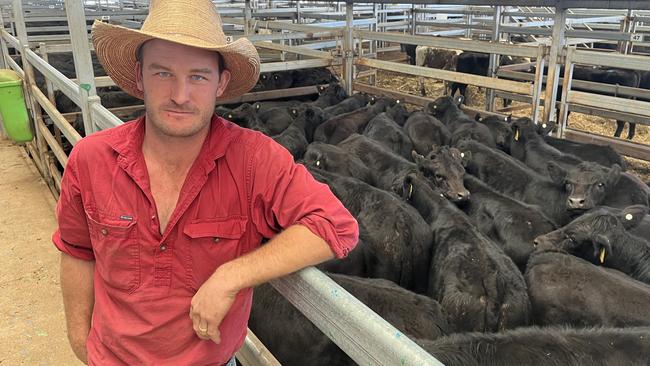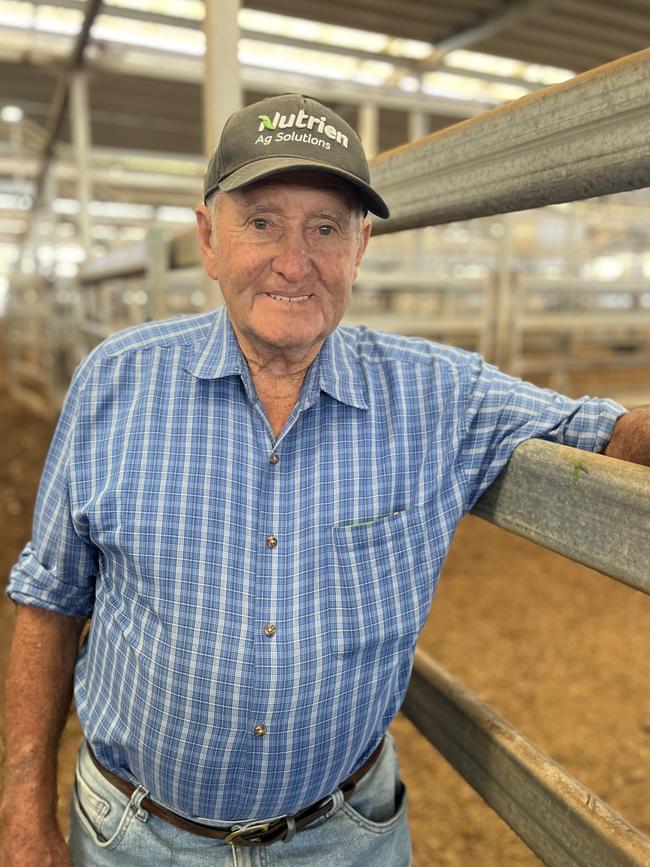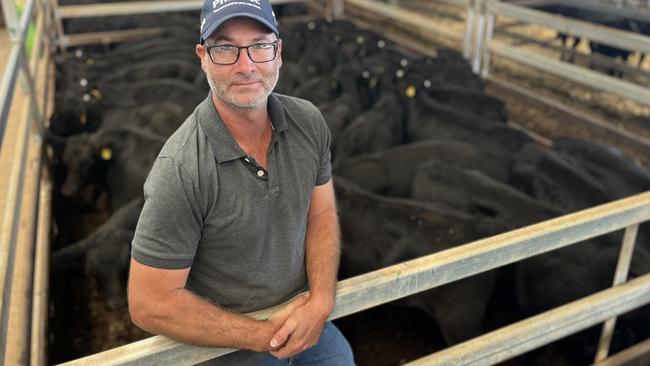JBS Australia closes contracts within hours of US tariff announcement
It’s been a turbulent morning for Australian beef producers as a 10 per cent tariff is announced on exports to the US, and a major processor closes contracts “immediately”.
A major beef processor has closed all forward contracts for grass-fed beef despite previously offering prices for delivery to the end of August.
The Weekly Times does not suggest this decision is a response to the 10 per cent beef tariff announced on Thursday by US President Donald Trump on all agricultural imports from Australia.
In an email to members of its farm assurance program, seen by The Weekly Times, JBS Australia informed its more than 5000 grass-fed suppliers that forward contracts were now closed.
The US is a key destination for the company’s grass-fed beef.
“The Farm Assurance Forward Contract is closed effective immediately (and) we will not be taking any further bookings at this stage,” the email reads.
The contract had previously offered prices to supply cattle until the end of August to its two plants at Brooklyn in Melbourne and at Scone in NSW.
The Weekly Times understands other JBS plants are still offering prices.
JBS Australia has been contacted for comment.
The email was sent to producers within two hours of President Donald Trump announcing on Thursday that Australian ag exports to the US would attract a 10 per cent tariff from midnight on a day hailed as a “day of economic independence” with a raft of new duties on imports.
At Thursday’s store cattle sale at Wodonga, in Victoria’s North East, beef producers expressed mixed feelings about the 10 per cent tariff as they try to understand what it will mean for them.
Barnawartha beef producer Aaron Margery trades steers and said he was surprised that the tariffs came in at 10 per cent and not 25 per cent as first thought.

Mr Margery bought cattle at the Wodonga cattle sale today and said the news had not affected his decision.
“What I did see is two major feedlots buying here so if anyone would know what might happen, you would think they would,” Mr Margery said.
“As a steer finisher, there’s only a small percentage of the beast that would go to trim (processing beef suited to the US market) whereas it is most if not all of the cow.
“We will have to see how things play out but the 10 per cent is better than what we thought it could be.”

Holbrook NSW cattle producer John Hassett was in the market for cattle at Wodonga and said “everything is bad that comes from Trump”.
“I think we are lucky in some ways that it was only 10 per cent but how it will affect prices is an ongoing concern” Mr Hassett said.
“Trump seems to be able to do what he wants and make decisions by himself and not listen to anyone or work with anyone.”
Doug Sutherland from Carboor said tariffs would not be good for the cattle industry.
“I don’t suppose it is going to do any good for us but our agent said he didn’t think the tariffs would made a difference and we will keep on trading,” Mr Sutherland said.
“We will have to wait and see.”
Stephen Parker from Holbrook also hopes the 10 per cent tariff won’t impact the family’s beef business. “Beef to the US is more about cows and manufacturing beef and we hope its business as usual for us,” Mr Parker said.

The Parkers sold Black Simmental steers and heifers at the Wodonga market, which made up to 473c/kg liveweight.
Mr Parker said he thought the tariff could have been more than the 10 per cent announced on Thursday.
“It seemed he was more targeting Asian countries with the tariffs rather than Australia,” he said.




